How To Read The Bible For All Its WorthSample

Unlock Bible Meaning by Thinking Contextually
Let's look at the New Testament Epistles (a.k.a. letters). Our reasons for doing this are twofold: First, along with the Gospels they are the most familiar portions of the Bible for most people, and second, for many readers they appear to be generally easy to interpret.
On the other hand, the "ease" of interpreting Epistles can be quite deceptive. This is especially so at the level of hermeneutics.
There is one item that all of the Epistles have in common, and this is the crucial item to note in reading and interpreting them: They are all what are technically called occasional documents (i.e., arising out of and intended for a specific occasion), and they are all from the first century. Although inspired by the Holy Spirit and thus belonging to all time, they were first written out of the context of the author to the context of the original recipients. It is precisely these factors — that they are occasional and that they belong to the first century — that make their interpretation difficult at times.
In the Epistles we have the answers, but we do not always know what the questions or problems were — or even if there was a problem. It is much like hearing one end of a telephone conversation and trying to figure out who is on the other end and what that unseen party is saying. Yet in many cases it is especially important for us to try to hear “the other end” so that we know to what our passage is a response.
The occasional nature of the Epistles also means that they are not first of all theological treatises, nor are they summaries of Paul’s or Peter’s theology. There is theology implied, but it is always “task theology” — theology being written for or brought to bear on the task at hand.
Thus one will go to the Epistles again and again for Christian theology; they are loaded with it. But one must always keep in mind that they were not primarily written to expound Christian theology. It is always theology applied to or directed toward a particular need.
Next time we'll proceed with a case study of 1 Corinthians.
Scripture
About this Plan

The Bible isn't always easy to understand. But a few essential insights can help you clear up a lot of misconceptions. Discover those insights in this reading plan, which will help you grasp the original meaning of Scripture and its application to your life today. Nearly a million people have turned to the book How to Read the Bible for All Its Worth to inform and enhance their Bible reading. Start this reading plan and you will uncover more of the inexhaustible worth that is in God's Word.
More
We would like to thank Gordon D. Fee & Douglas Stuart and Zondervan for providing this plan. For more information, please visit: http://bit.ly/1Qbdlkm
Related Plans

The Supernatural
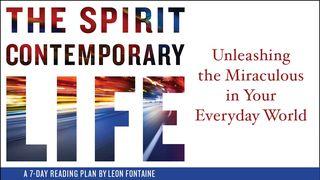
Unleash The Miraculous Every Day
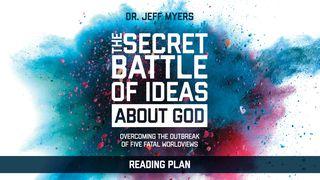
The Secret Battle Of Ideas About God
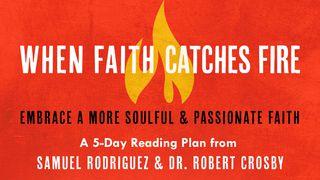
When Faith Catches Fire
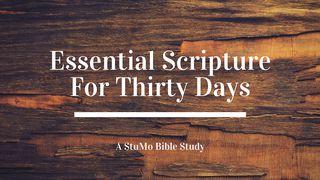
Essential Scripture For 30 Days

7 Hebrew Words Every Christian Should Know

God's Prescription Plan For Health
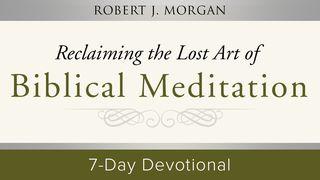
Reclaiming The Lost Art Of Biblical Meditation

God Is With You Every Day
